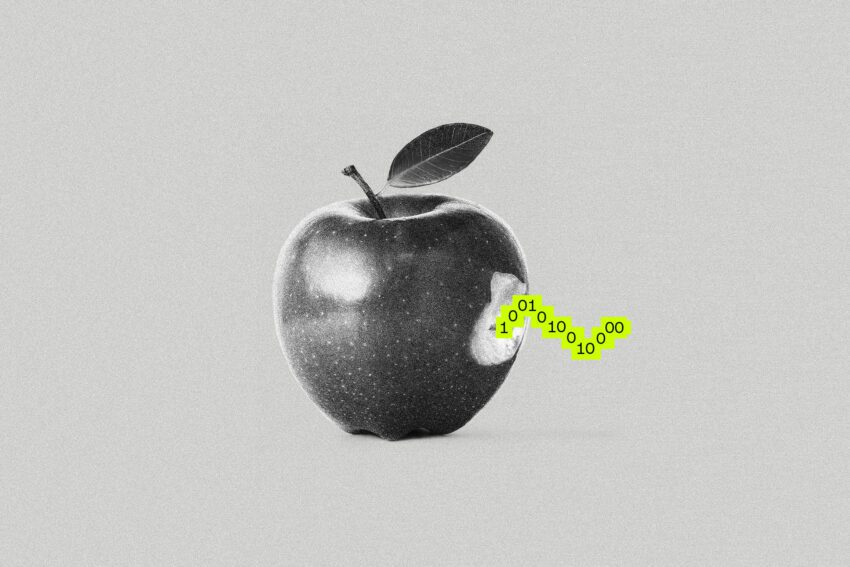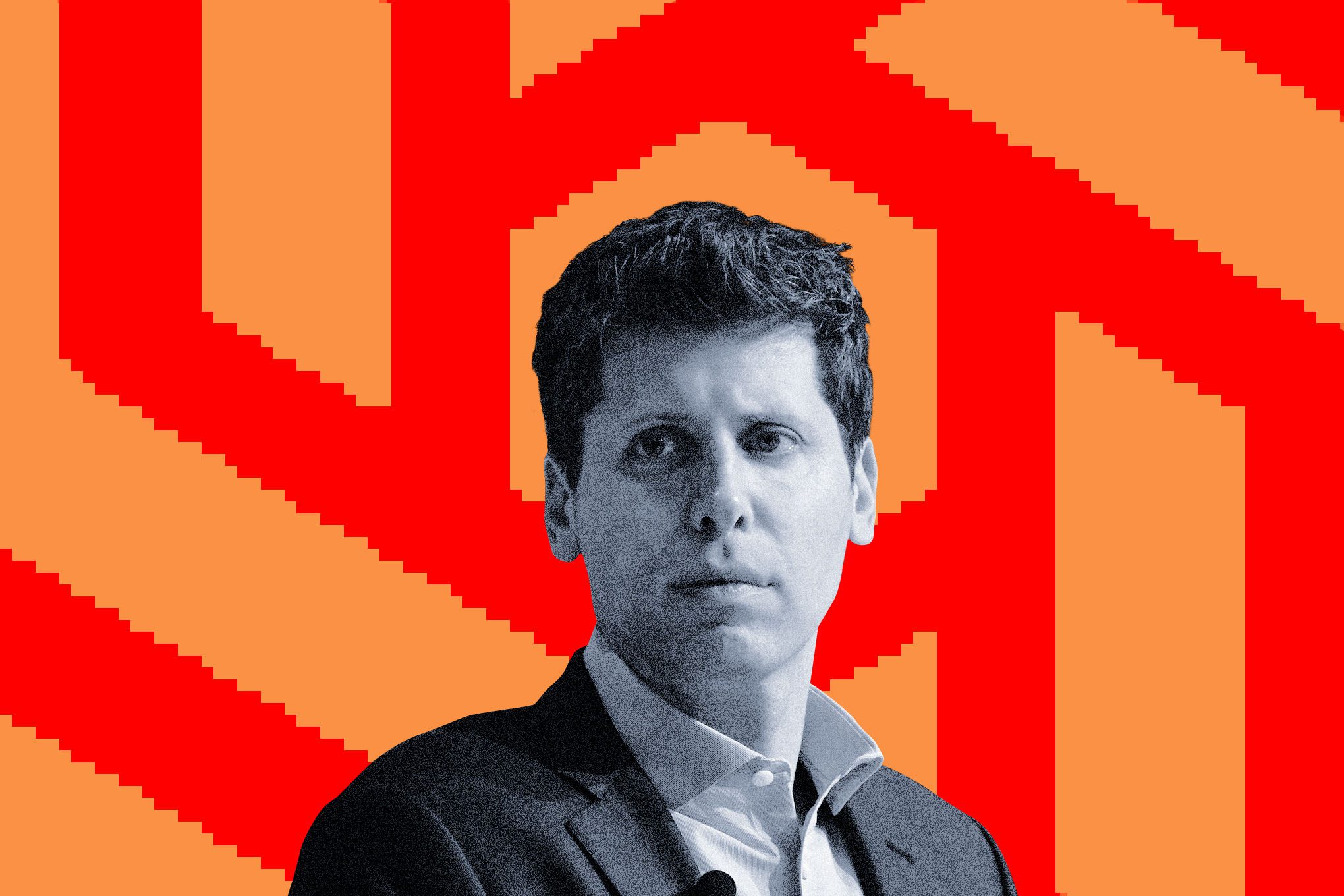
how ai is fueling an existential crisis Generative AI is increasingly raising profound questions about the future of education and its foundational philosophies.
how ai is fueling an existential crisis
The Rise of Generative AI in Education
In recent years, generative AI technologies, such as ChatGPT, have gained significant traction, particularly in educational settings. While the initial concerns centered around academic dishonesty—students using AI to cheat on assignments—deeper issues have emerged that challenge the very essence of educational practices. The Decoder team has engaged with numerous educators, revealing a widespread sense of uncertainty about the role of AI in the classroom. This article explores these concerns, the implications for teaching and learning, and the ongoing discourse among educators.
Concerns Over Academic Integrity
The most immediate concern regarding generative AI in education is its potential to facilitate cheating. Many students have turned to tools like ChatGPT to complete assignments, leading to a significant rise in academic dishonesty. According to a survey conducted by the College Board, a majority of high school students have reported using generative AI for schoolwork. This trend raises pressing questions about the integrity of academic assessments and the value of educational credentials.
As one teacher noted, “When students can generate essays and reports with a simple prompt, what does that say about the skills we are trying to teach?” This sentiment resonates with many educators who feel that traditional methods of evaluation may no longer be effective. The ease with which students can access AI-generated content has led to a crisis of confidence in the educational system.
Philosophical Implications
Beyond the immediate concerns of cheating, the rise of generative AI in education prompts a fundamental reevaluation of educational philosophy. As one instructional designer pointed out during our discussions, “If this technology becomes more ubiquitous, we’ll have courses created by AI, graded by AI, with submissions from students absolutely generated by AI. So it begs the question: What are we even doing here in higher ed?”
This question encapsulates a growing existential crisis among educators. If AI can produce high-quality work that meets academic standards, what is the role of the teacher? What skills should students be developing in an age where information and content can be generated at the click of a button? These questions challenge the traditional paradigms of teaching and learning, pushing educators to reconsider their approaches.
Experiences of Educators
The experiences of teachers with AI in the classroom vary widely. Some educators find that generative AI tools can enhance their workflow, allowing them to focus on more meaningful interactions with students. For instance, AI can assist in grading, provide personalized learning experiences, and even help in lesson planning. However, the majority of educators express concerns about the implications of these technologies.
Mixed Reactions to AI Tools
While a minority of teachers report positive experiences with AI tools, the prevailing sentiment is one of apprehension. Many educators feel that the introduction of generative AI has led to a decline in student engagement and critical thinking skills. “Students are relying on AI to do the thinking for them,” one teacher lamented. “They’re not learning how to analyze information or develop their own ideas.”
This observation highlights a critical issue: the potential for AI to undermine the very skills that education aims to cultivate. As students become more dependent on AI-generated content, there is a risk that they will miss out on essential learning opportunities that foster creativity, problem-solving, and independent thought.
Expert Insights on AI in Education
To gain a deeper understanding of the implications of generative AI in education, we spoke with Dr. Adam Dubé, an expert in educational technology from McGill University. Dr. Dubé emphasized the need for a balanced approach to integrating AI into educational practices. “AI can be a powerful tool, but it should complement, not replace, traditional teaching methods,” he stated.
The Future of Education with AI
Dr. Dubé also highlighted the importance of teaching students how to use AI responsibly. “We need to equip students with the skills to critically evaluate AI-generated content and understand its limitations,” he explained. This perspective aligns with the growing consensus among educators that rather than banning AI tools, schools should focus on teaching students how to navigate this new landscape.
Moreover, Dr. Dubé pointed out that the rise of AI in education presents an opportunity for educators to rethink their curricula. “This is a chance to move away from rote memorization and focus on skills that are relevant in the 21st century,” he said. By integrating AI into the curriculum, educators can encourage students to engage with technology in meaningful ways, fostering a culture of innovation and creativity.
Stakeholder Reactions
The reactions to the integration of generative AI in education extend beyond teachers and students. Parents, administrators, and policymakers are also grappling with the implications of these technologies. Many parents express concern about the impact of AI on their children’s learning experiences. “I worry that my child is not developing the critical thinking skills they need for the future,” one parent shared.
Administrators are faced with the challenge of adapting policies to address the rise of AI in schools. Some institutions are implementing guidelines to regulate the use of AI tools, while others are exploring ways to incorporate AI into their educational frameworks. Policymakers are also beginning to recognize the need for regulations that ensure the ethical use of AI in education.
The Role of Educational Institutions
Educational institutions play a crucial role in shaping the discourse around AI in education. Many universities are establishing research initiatives to explore the implications of generative AI on teaching and learning. These initiatives aim to provide educators with the resources and knowledge they need to navigate the complexities of AI in the classroom.
Furthermore, institutions are increasingly recognizing the importance of professional development for educators. Training programs that focus on the ethical use of AI and its integration into pedagogical practices are becoming more common. By equipping teachers with the necessary skills and knowledge, educational institutions can help foster a more informed and responsible approach to AI in education.
Conclusion
The rise of generative AI in education is undeniably transforming the landscape of teaching and learning. While concerns about academic integrity and the philosophical implications of AI are valid, there is also an opportunity for educators to rethink their approaches and embrace new technologies. By fostering a culture of critical thinking and responsible AI use, educators can prepare students for a future where technology plays an increasingly central role in their lives.
As the discourse around AI in education continues to evolve, it is essential for all stakeholders—teachers, parents, administrators, and policymakers—to engage in meaningful conversations about the implications of these technologies. Only through collaboration and open dialogue can we navigate the challenges and opportunities that generative AI presents in the educational landscape.
Source: Original report
Was this helpful?
Last Modified: November 6, 2025 at 8:37 pm
0 views















